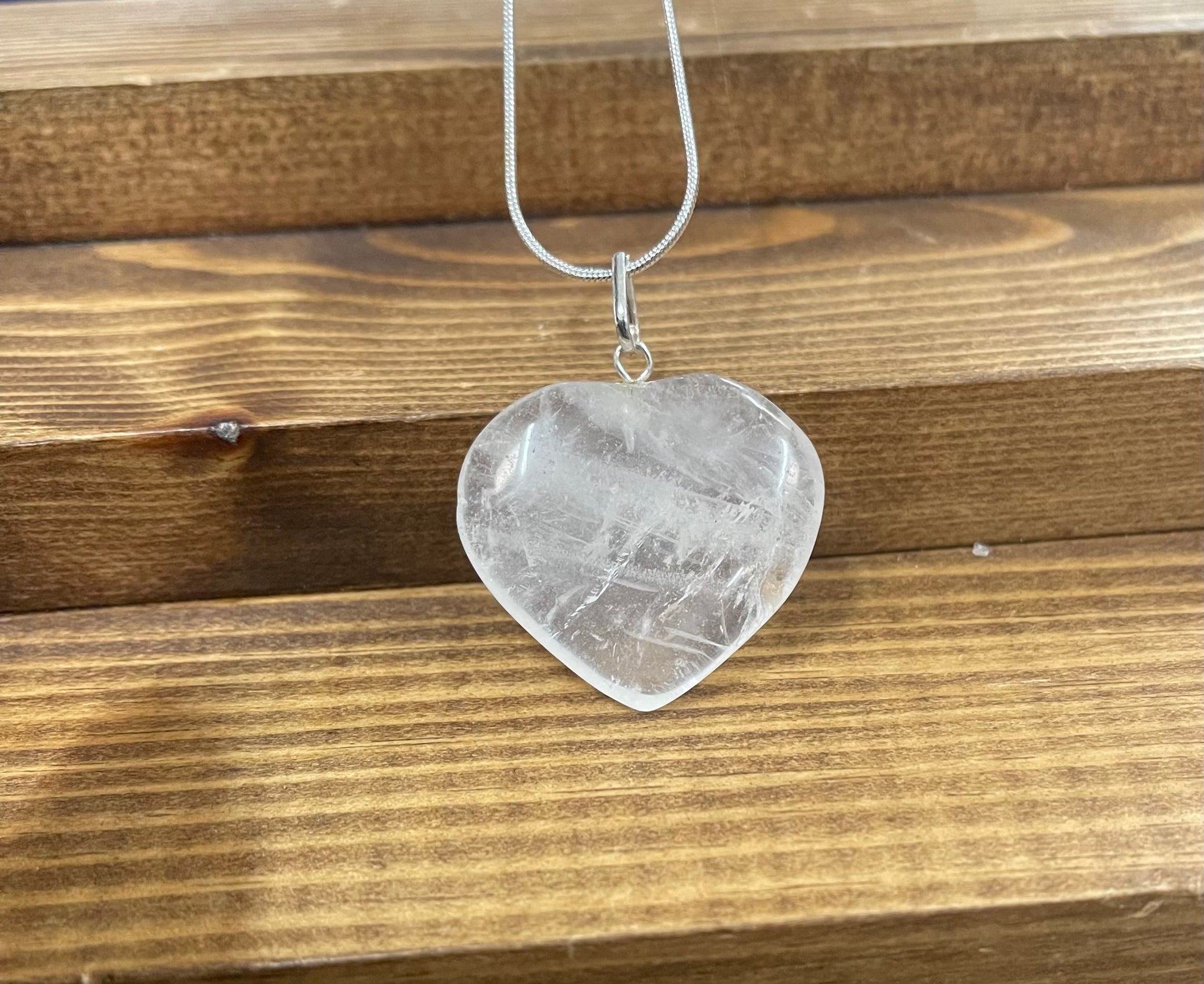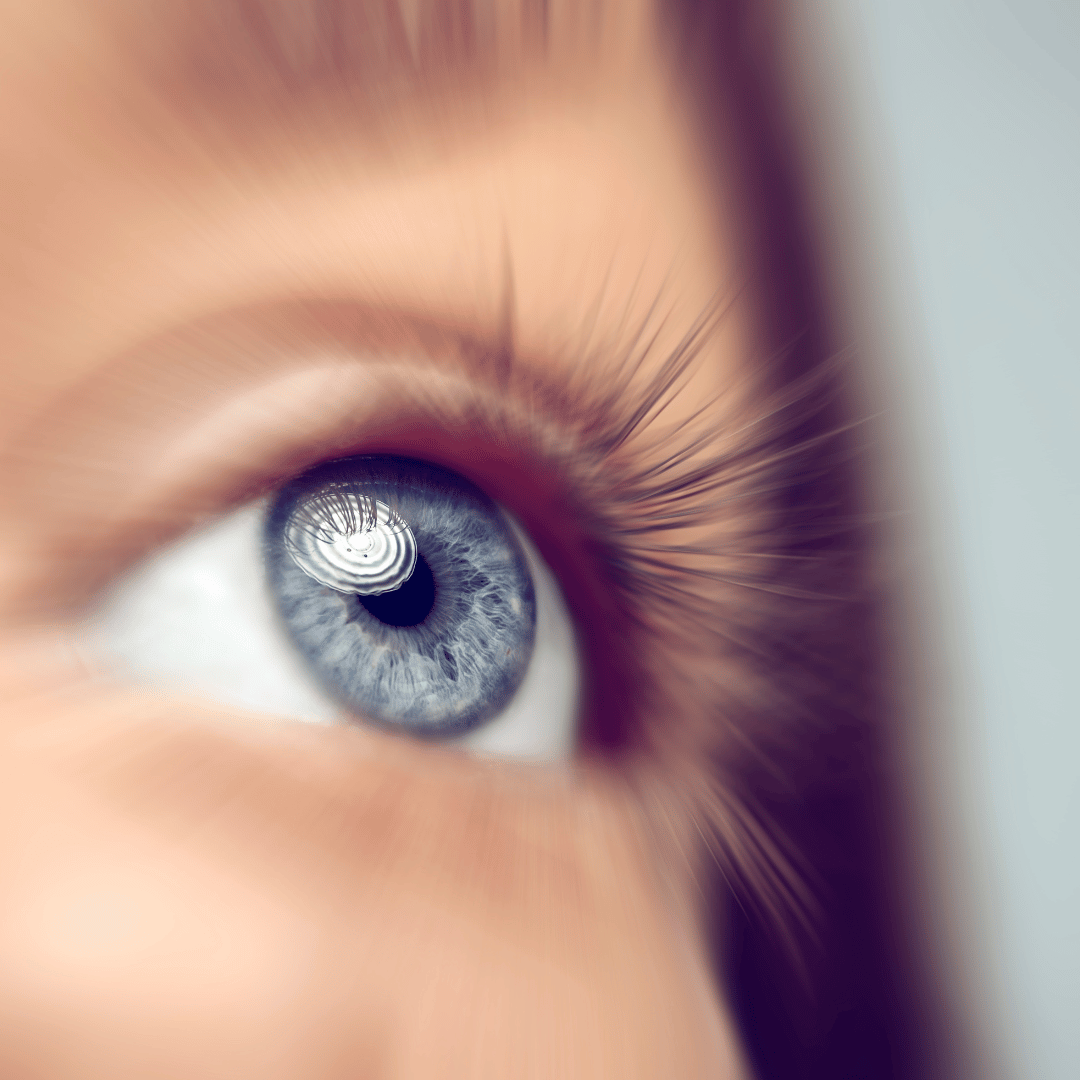Those who suffer from hyperacusis have an extreme sensitivity to sound, which makes normal noises like flowing water feel extraordinarily loud. This can make it challenging to complete daily duties in typical settings, such as household chores or work obligations. As a result, you might make an effort to stay away from social situations where noise exposure could cause worry, tension, and social isolation. In adults, auditory processing disorder affects between 8 and 15 per cent of them. People with tinnitus, or ear ringing, are frequently affected by this ailment.
Tinnitus, which causes a buzzing, ringing, or whistling sound in the ears, and sound distortion are frequently seen in patients with hearing problems. It can occur in just one ear, but typically both ears are afflicted. ‘Loudness recruitment’ and ‘phonophobia’ are two other forms of low sound tolerance. If you are searching for a tinnitus clinic in Dublin, the audiology clinic is an ideal option. They provide you with appropriate services according to your problems. Here in this post, we discuss some essential things those everyone should know about hyperacusis and its treatments.
Describe hyperacusis
Due to an uncommon hearing disease called hyperacusis, noises that other people would find normal might appear uncomfortable and frequently excruciatingly loud. DST, or decreased sound tolerance, is another name for it. A variety of sounds with varied loudness levels are audible to those with normal hearing. The volume of sound is turned up too loudly for those who have hyperacusis assessment and management , though.
Typical sounds in daily life that some people with hearing problems may find unpleasant include:
- People conversing.
- Running of a vehicle.
- The kitchen sink has water running through it.
- Household electrical devices are operating.
- The process of someone turning the pages of a book or newspaper.
- Many more gentle noises.
Your mental health may suffer as a result of the encounter, making you agitated and fearful. Your social life can be impacted by hyperacusis as well. Some auditory processing disorder sufferers steer clear of social events to lower their risk of being exposed to loud noises.
Tinnitus, a condition that frequently results from hearing loss and causes ringing, whistling, clicking, or roaring sounds in your ears, is frequently accompanied by tinnitus. Nevertheless, hearing loss or tinnitus are not present in all cases of hyperacusis.
Hyperacusis Signs and Symptoms
The following list of hyperacusis signs can have an impact on your daily life:
- Depression
- Anxiety
- An ear infection
- relationship difficulties
- Trouble connecting with others
Some sounds may appear to be louder than they should be, such as:
- An active water tap
- A device for the kitchen, such as a refrigerator or dishwasher.
- Vehicle engine
- A loud discussion
Some people just slightly object to these noises. Others experience symptoms like balance issues or headaches.
How is hyperacusis produced on?
Auditory processing disorder may have several causes, including:
Exposure to a lot of noise: Hyperacusis is primarily brought on by loud noise. Exposure can occur over time (for example, by listening to loud music for a long time) or once (like hearing a gunshot).
Injury to the head: Tinnitus can result from a head, jaw, or ear injury. One illustration is being struck by an airbag in a moving vehicle.
Viral infections: Auditory processing disorder may result from viral infections that impact the inner ear or facial nerve.
Surgery on the jaw or face: Surgery that injures the facial nerve or inner ear can result in hyperacusis.
Some drugs: Various substances can harm the ears and increase hyperacusis, such as some cancer therapies.
Defective auto-immunity: Autoimmune disorders like systemic lupus, for example, can cause hearing problems.
What is the treatment for tinnitus?
The disorder of tinnitus is not typically treated. Instead, therapies typically focus on easing physical symptoms and imparting coping skills to help patients deal with the mental stress of hyperacusis.
The objective of sound therapy is to gradually (and safely) expose you to louder sounds until the experience is easier to handle. The first noises you hear are at a pleasant low intensity. Over a few weeks, you gradually become accustomed to louder noises as the level rises.
TRT (tinnitus retraining therapy): TRT is typically used to cure tinnitus, but it can also be used to treat hyperacusis. TRT incorporates therapy and scientifically sound treatment as well as educating patients about their condition. Through special headphones, TRT involves listening to soothing sound frequencies referred to as “pink noise.” Pink noise resembles wind or rain in sound. When you listen to pink noise, sounds that you might otherwise find startling don’t seem as bad because the environment is peaceful and predictable.
Surgery: To treat the tinnitus brought on by facial nerve paralysis, your doctor may fortify your round and oval windows. The inner ear’s ossicles, which assist control sound intensity, are supported by tissue from behind the ear during surgery. This procedure raises LDL.
Conclusion
Running water and other sounds become abnormally loud when someone has sensory issues. Uncomfortable or even painful sensations could be observed. If normal sounds seem louder than usual, consult a physician. Your hearing can be verified by the doctor after looking inside your ear and performing tests. If you have tinnitus, working with a Hyperacusis Assessment and Management service will help you lessen your sensitivity to sound and your reaction to noise emotionally.















